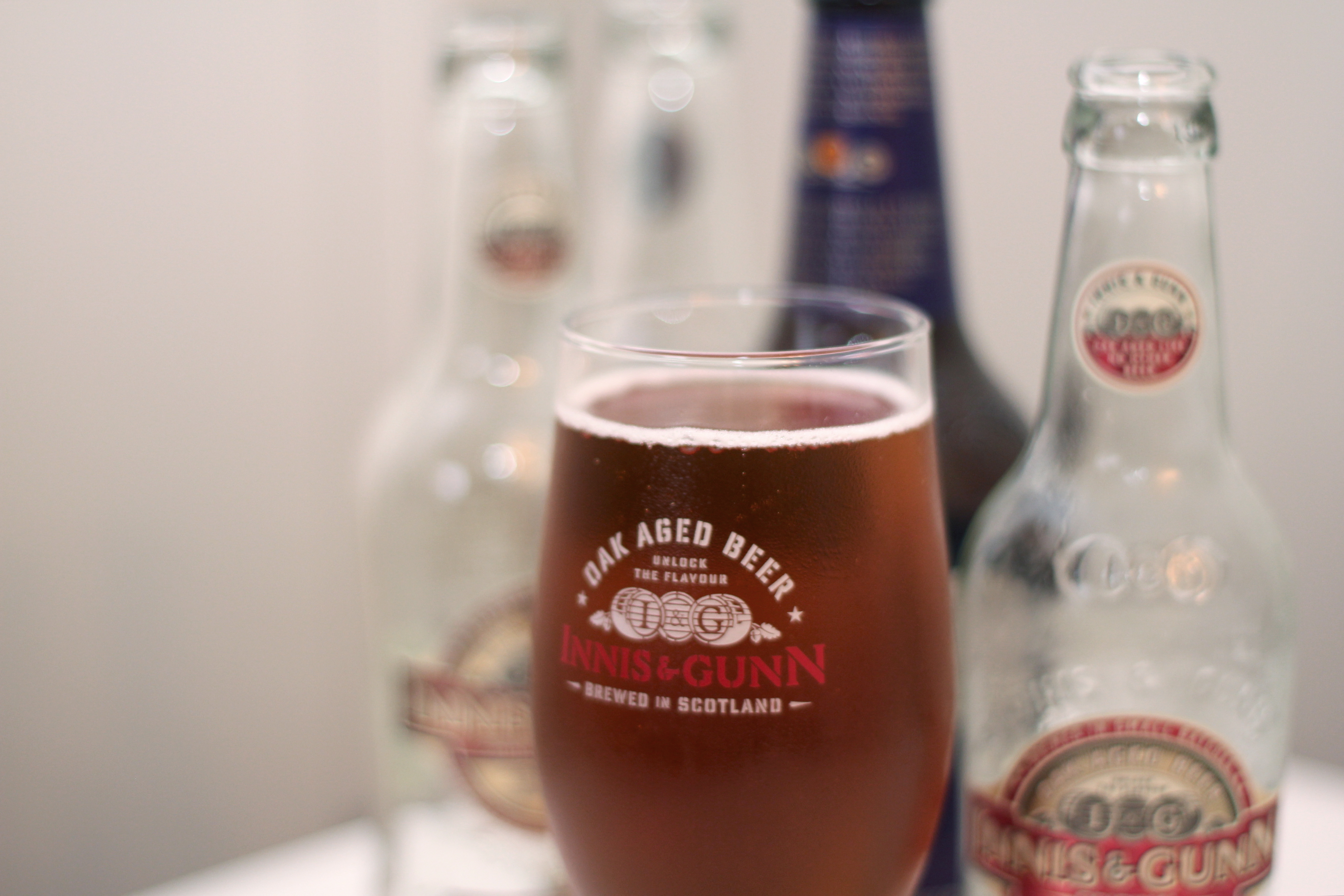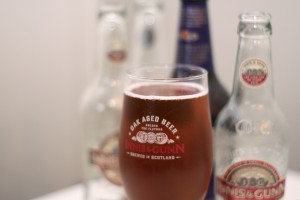Beer price comparison contested


Last summer, University of Waterloo professor Anindya Sen released a study that determined Ontarians were paying $9.50 more for their beer than Quebecers.
Now, The Beer Store owners have issued their own research, claiming Sen’s analysis was both flawed and omitted information.
Tom Sweeting, an Earnscliffe Strategy Group principal who was one of the report’s authors, said that Sen did not consider sales taxes, deposit charges and commodity charges that are much higher in Ontario.
“He found differences [of] about $9.50 a case, but the information in The Beer Store included sales tax and deposits, whereas it didn’t in Quebec,” Sweeting said. “Everything has to be on the same playing field to do the analysis he was attempting.”
Sen followed five major beer brands over a 22-week period, comparing prices listed on The Beer Store website to the same brands listed in Quebec stores.
He explained to The Cord inan interview last summer that for a case of 24 bottled beer, Ontarians are paying around $35.56, whereas Quebecers are only paying $25.95
In their new survey, Earnscliffe took sales taxes and deposit charges out of the sale price period that Sen was evaluating.
“There was also the issue of commodity tax which we’re trying to determine what profit might be available to the beer store model,” Sweeting said. “We can’t have the beer taxes included in that so we extracted the beer taxes which are considerably higher in Ontario than they are in Quebec.”
When unaccounted taxes and deposit charges were taken out of the mix, Earncliffe found that Ontario and Quebec beer prices differentiated by mere cents.
“When you come to a new bottom of apples to apples there’s no difference in price between the two jurisdictions.”
Sen explained to The Cord in an email statement that he is currently conducting sensitivity analysis based on the price discrepancy suggested by the study commissioned by The Beer Store.
“I also note that the study unfortunately ignored the economic models and econometric research that constituted the bulk of my research,” Sen wrote. “The authors also did not understand much of the economic theory and are incorrectly opining that The Beer Store does not enjoy incremental profits.”
Sen went on to explain that his initial results suggested that the conclusion on high profits earned by The Beer Store – which was estimated at approximately $700 million – was “robust.”
“From the perspective of basic economics, this is rather obvious iven the high magnitude of beer demand, the relative price inelasticity of beer demand and the monopoly staus The Beer Store enjoys,” Sen added.
These findings will be detailed in a new study that is forthcoming.
Sen’s initial study was funded by the Ontario Convenience Store Association, which has been lobbying for the sale of beer and wine to occur within convenience stores. They believe that lack of competition amongst retailers keeps beer prices high and awards a bigger profit to The Beer Store.
Sweeting, however, explained that the correct data collected from Sen’s study does not indicate a mass profit occurring.
“Once there’s no difference in price, there’s no $700 million that could be attributed to The Beer Store,” he said. “That $700 million in fact is explained by taxes and deposits that he did not include.”

